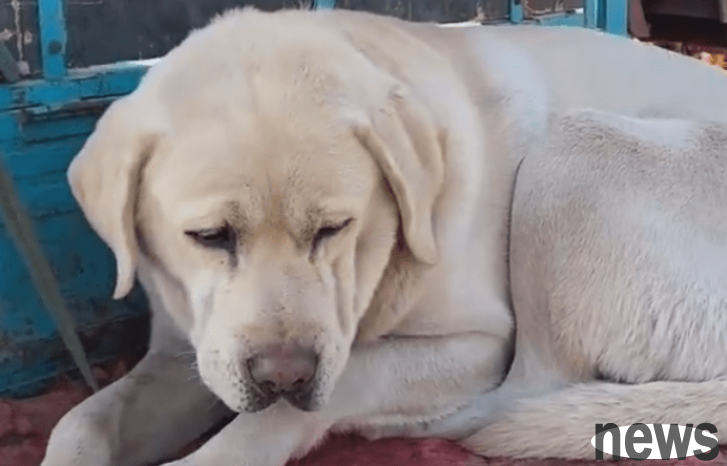When a dog has small size, it often experiences symptoms such as fever, vomiting, diarrhea, and loss of appetite. In severe cases, symptoms such as convulsions, dehydration, poisoning, etc. may even lead to death. Therefore, if your dog experiences these symptoms, you must seek medical treatment in time.

Generally speaking, there are two ways to treat parvodia, one is drug treatment and the other is supportive treatment for symptoms. Drug treatment mainly uses antibiotics and antiviral drugs to control the condition.

, and supportive treatment requires attention to the dog's nutritional intake, ensuring that the dog has sufficient water and food, and to relieve the symptoms in a timely manner.
In addition to drug treatment, daily care and diet are also very important. In terms of care, keep the indoor air circulating, avoid excessive exercise, and keep the dog comfortable and quiet.
In terms of diet, pay attention to providing dogs with high protein and high nutritional food to help them recover as soon as possible. At the same time, you can also add some vitamins according to your doctor's advice to boost your immunity.
In addition to the above treatment methods, appropriate prevention is also very important. If your dog has not been vaccinated with rabies, be sure to get vaccinated in time. In addition, daily disinfection and cleaning of dogs is also very important, which can effectively prevent the spread and infection of some viruses. In short, if your dog suffers from a minor illness, you must seek medical treatment in time.